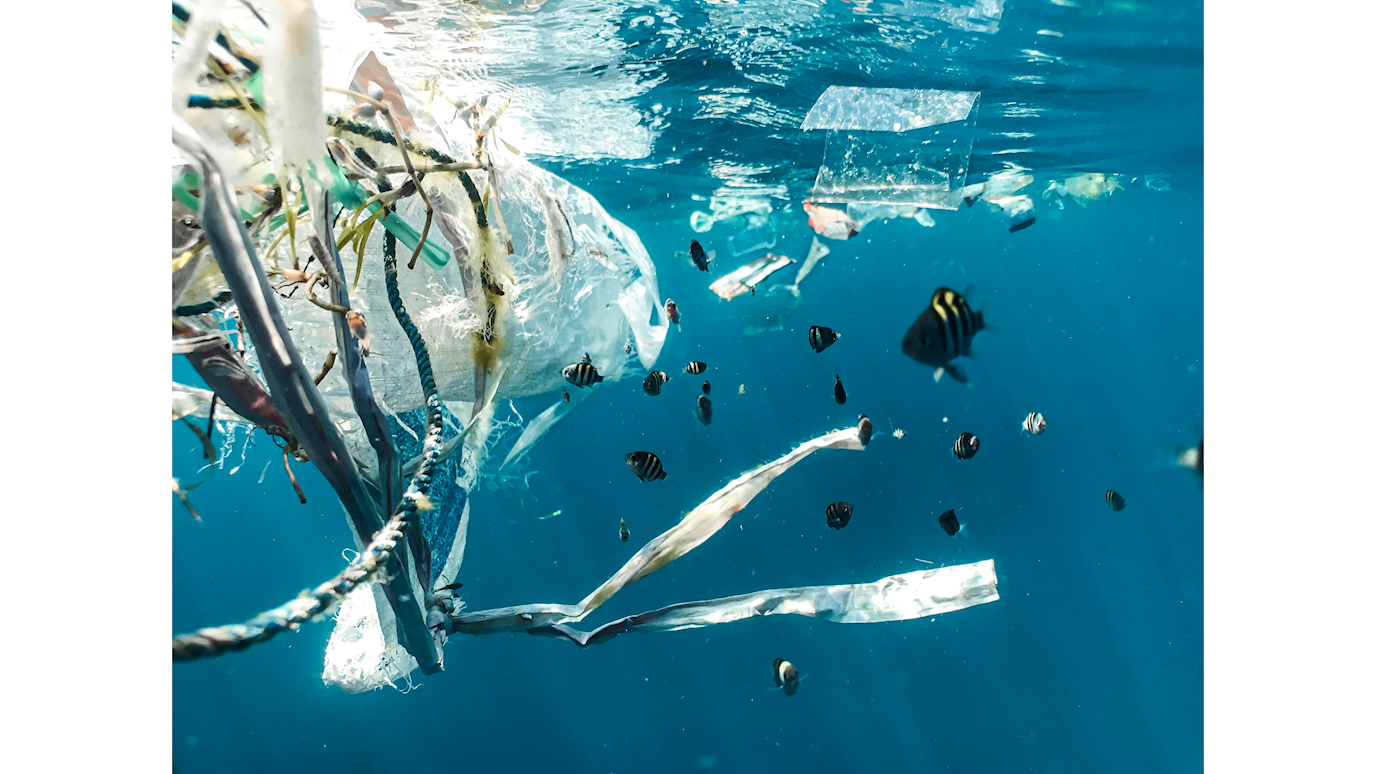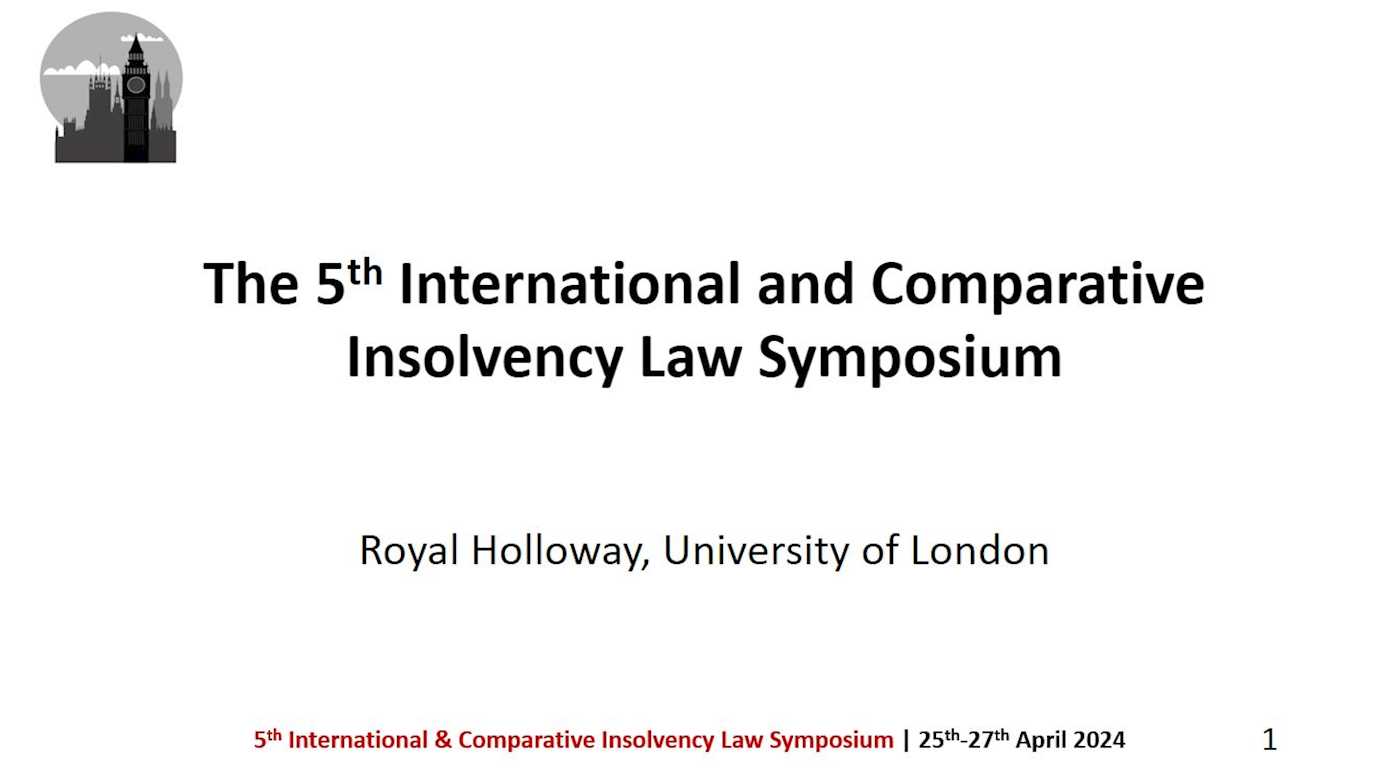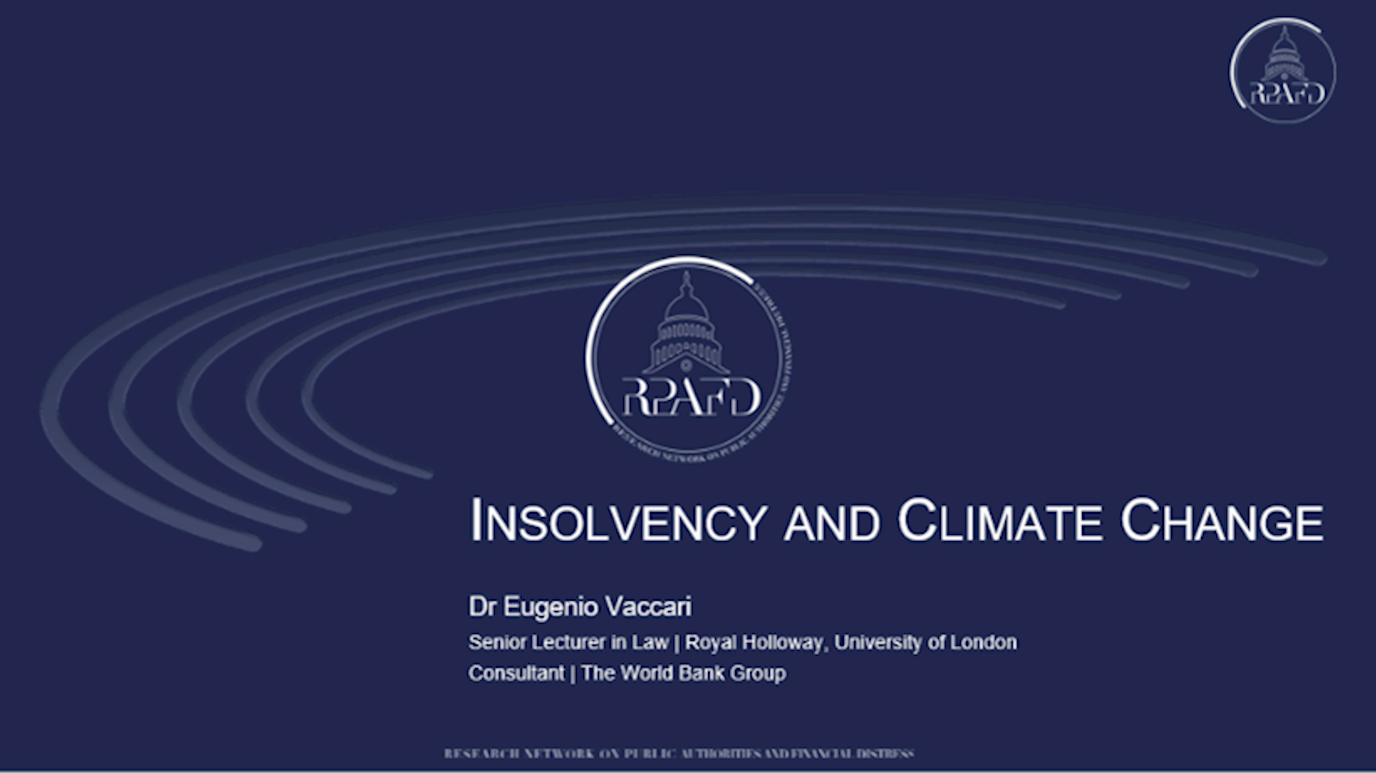This year’s World Environment Day focuses on the benefits of a circular economy and its importance towards the elimination of plastic pollution. State action as well as business driven action are pivotal to achieving this goal.

This year’s World Environment Day celebrations include the release of information and ideas for accelerating action in limiting unsustainable plastic disposal,and achieving changes that could eliminate reliance on single use plastic and its consequences.
According to the latest statistics, around 400 million tonnes of plastic are produced, half of which is single use plastics, whilean estimated 10% ends up in the oceans and rivers. The UN has also raised the alarm over the increase of microplastics that find their way into the food and air, which are thenconsumed or inhaled by human and non-human animals, and thereby endangering human health and the survival of several species.
But positive progress in this area offers a glimpse of hope in the fight against plastic pollution. The recent adoption by the United Nations General Assembly of the ‘End plastic pollution: towards an international legally binding instrument’ Resolution asks for the development of a legally binding document designed to promote sustainable approaches to the production and consumption of plastic as well as to facilitate cooperation to address plastic pollution. In essence, this suggested document aims to create legally binding obligations at national and international level to limit plastic pollution. The document, anticipated to be ready in 2024, will be the first since the Paris Agreement to create such legally binding international obligations.
However, the inevitable question is, how efficient will this document be in achieving these goals? The goals set out by the Paris Agreement, 8 years after its adoption, have yet to beachieved. The Intergovernmental Panel on Climate Change reports have consistently highlighted the significance of achieving the Paris Agreement goals, and the devastating results failure will have on the future of humanity. In addition, the rise of climate change and human rights litigation relying on the imminent failure to meet the Paris Agreement, paint a picture of worry by the public over the failure to meet these agreed goals and the ensuing consequences to the environment and human existence.
Previous efforts to highlight the consequences of reliance on single use plastics, include the Sustainable Development Goals (SDGs). Within them, the progress of 7 SDGs relies to an extent on the elimination of single use plastics in protecting health (SDG 3), ensuring the quality of fresh water (SDG 6), ensuring responsible consumption and disposal of plastic as part of building and maintaining sustainable cities (SDG 11 and 12), addressing the role of fossil fuel in this context (SDG 13), and protecting marine life (SDG 14) and biodiversity (SDG 15). Success in achieving these goals has been varied. For example, for SDG 12: ‘Ensure sustainable consumption and production patterns’ significant progress has been recorded in developed countries. The lack of data for the rest of world, obstructs our view over whether progress has been achieved and finding solutions for accelerating such progress. For example for Target 12.5: Substantially reduce waste generation, the data is limited, with no data available for most countries. In addition, progress is measured in absolute terms of how many tonnes of municipal waste is recycled. But this data does not reflect the percentage of waste recycled as opposed to the overall waste produced.
The creation of a legally binding document to address plastic pollution is a significant step forward. Goal setting accompanied by legally binding obligations for states, is promising in achieving these goals. Furthermore, the legally binding obligations of the Paris Agreement are being linked to the duties outlined by Human Rights Law instruments in recent litigation. Consequently, even if the document itself does not provide for an immediate solution to the issue of plastic pollution, a confluence of environmental and human rights obligations, might prove efficient in achieving a circular economy. It remains to be seen how this new document will be received by states, and how far political motivation will assist its implementation. If all else fails, human rights duties might again come to the rescue, given the scientific evidence of the consequences of plastic pollution to the environment and human health.
























